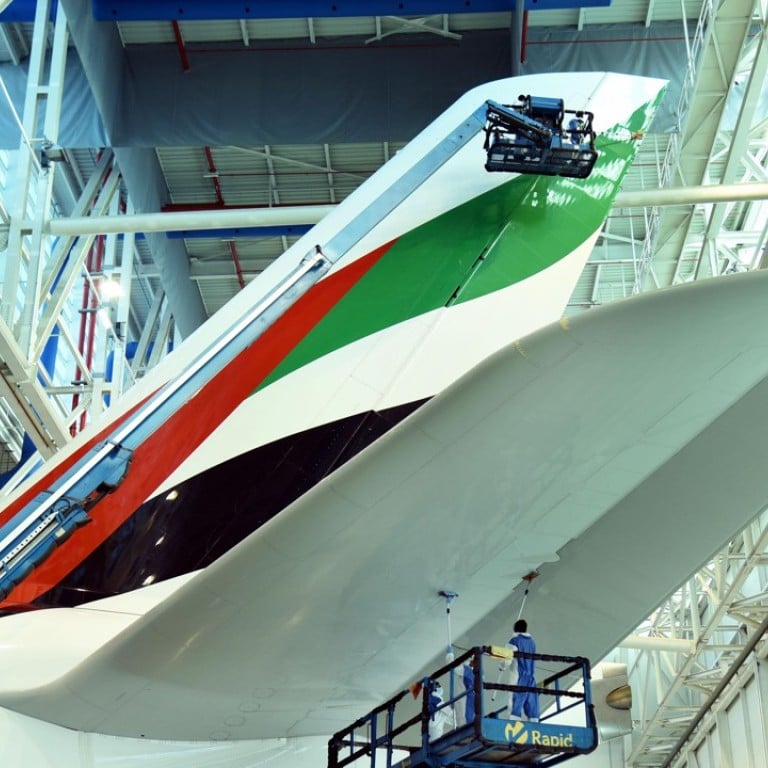Why KLM, Singapore Airlines and Emirates are all flying green

The three airlines have renewed their fleets and come up with eco-friendly measures to reduce waste and carbon emissions
Have you ever felt guilty about contributing to carbon dioxide (CO2) emissions when you plan an overseas trip? If so, these statistics will make you think twice about the airlines you book with.
In 2016, aviation accounted for about 2.5 per cent of total global CO2 emissions. That is equivalent to about 12 per cent of CO2 emissions from all transport sources. This number is projected to increase as the demand for air travel rises.
According to the International Civil Aviation Organization, an estimated 3.7 billion passengers took to the skies globally in 2016. The International Air Transport Association (IATA) predicts the figure will rise to 7.2 billion by 2035.
The boom in flying spells trouble for the environment. How do we prevent the negative environmental impact of air travel from doubling?
Thankfully, the aviation sector, led by IATA, is working towards common targets to address global challenges presented by climate change. The three-pronged objective aims for a 1.5 per cent increase in fuel efficiency per year from 2009 to 2020; carbon-neutral growth in air transport from 2020 onwards; and a 50 per cent reduction in net CO2 emissions by 2050 (relative to 2005 levels).
Most airlines we spoke to – including KLM, Singapore Airlines and Emirates – have turned to fleet renewal to achieve these objectives.
“We have completed a significant refresh of our fleet, retiring the last of our Airbus A340s and A330s. Our passenger fleet now consists entirely of Airbus A380s and Boeing 777s,” says Shannon Scott, senior manager of environment affairs at Emirates. The airline boasts a fleet with an average age of 5.7 years, compared to Singapore Airlines’ 7.4 years and 10.9 for Air France KLM.
Airlines are also looking for greater operational efficiency, and using various techniques to improve fuel productivity and reduce emissions.
